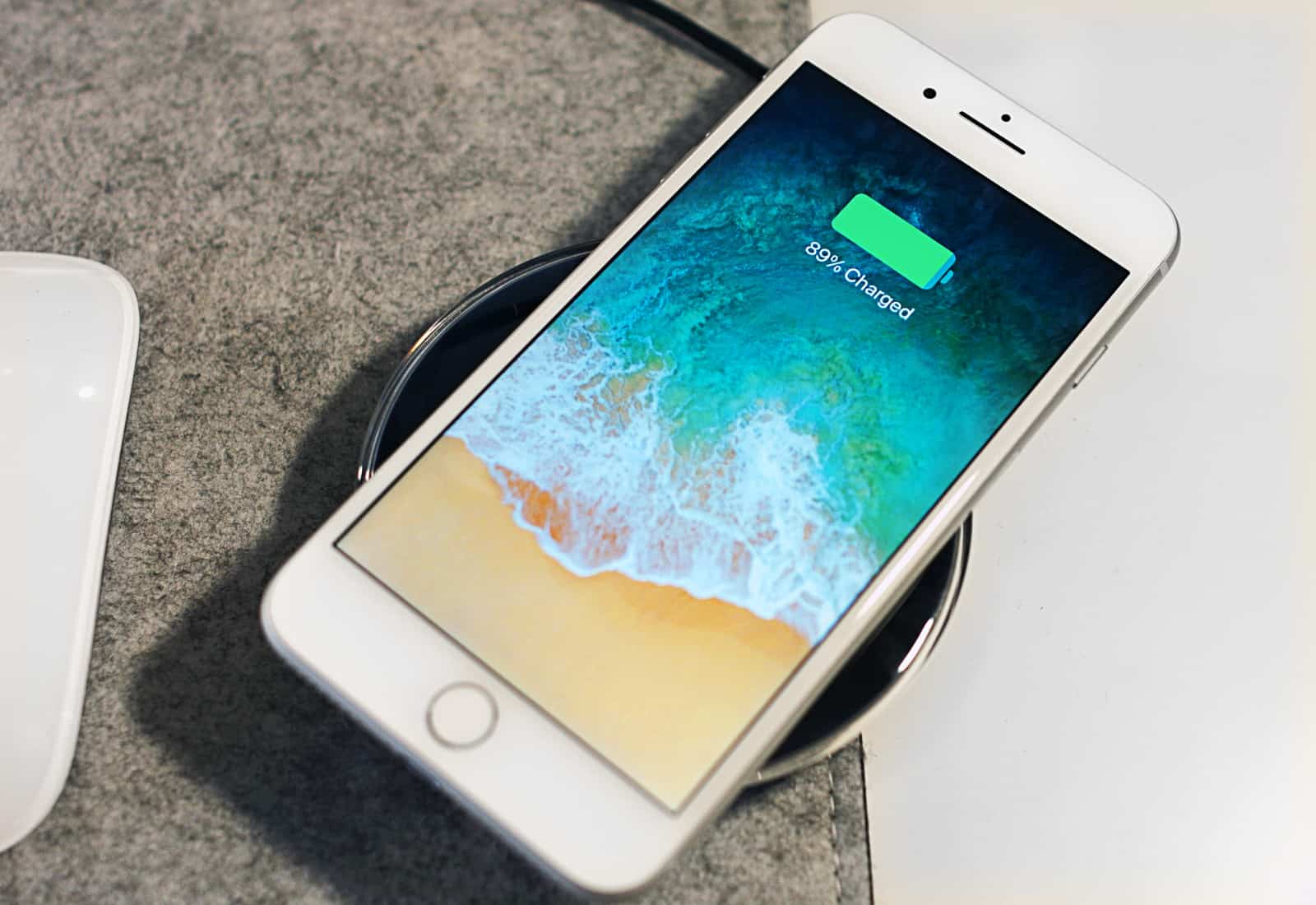Some users of older iPhones refuse to install iOS upgrades because they mistakenly think these will reduce the performance of their handset. But tests comparing iOS 15 with various previous versions found no sign of Apple’s latest turning any model into a slug. Some of the devices actually ran faster with newer software.
And the same goes for battery life, in general. Most older iPhones have a longer battery life with iOS 15, though some do see a reduction.
iOS 15 performance: No slowdowns to be found
The comparison tests were done by the YouTube channel iAppleBytes. It ran the Geekbench benchmarking app on multiple iPhone models going back to 2016.
Running iOS 15, the 2016 iPhone SE scored a 1041 on the Geekbench 5 Multi-Core test. It scored a 1042 running iOS 14.8 and a 1042 running iOS 13.7.
The iPhone 6S scored 1039 on that same test while running iOS 15. It got an identical score running iOS 14.8 and 1042 with iOS 13.7.
A test iPhone 7 scored 1393 with iOS 15, a 1407 with iOS 14.8 and 1403 with iOS 13.7. That’s less than 1% difference.
When iAppleBytes tested an iPhone 8 with Apple’s latest and it scored 2405. The score was 2271 with iOS 14.8 and just 2071 with iOS 13.7. That’s an increase of 16% with the new version.
An iPhone XR with iOS 15 scored 2504 on Geekbench 5. Its score was 2510 on iOS 14.8 and 2556 on iOS 13.7 — a 2% decrease with the latest version.
And, finally, an iPhone 11 with the new operating system version scored 3245 versus 3289 with iOS 14.8. Upgrading was a mere 1% decrease.
Watch the full iAppleBytes video for more details.
Generally doesn’t hurt battery life, either
Part of the concern about every new iOS version is that demanding new features will reduce battery life. That’s not true, most the time. In iAppleByte’s tests, putting iOS 15 onto an older device increased the time between recharges most of the time. But there are a couple of exceptions.
A 2016 iPhone SE went 2 hours 53 minutes while running iOS 15. That’s a touch longer than the 3 hrs. 8 mins. it lasted running iOS 13 or the 3 hrs. 5 mins. with iOS 12.4.1.
The iPhone 6S was an exception. It lasted 2 hrs. 45 mins. with iOS 15, down from 3 hrs. 21 mins. running iOS 13 or the 3 hrs. 24 mins. it went running iOS 12.4.1.
The test iPhone 7 running Apple’s latest lasted 3 hrs 43 mins. That solidly beats the 3 hrs. 14 min. it went with iOS 13 or the 3 hrs. 6 mins. with iOS 12.4.1.
When iAppleBytes tested an iPhone 8 with iOS 15 it ran 3 hrs. 27 mins., as compared to 3 hrs. 19 mins. running iOS 13 and 3 hours 22 mins. with iOS 12.4.1.
An iPhone XR running iOS 15 went 5 hrs. 10 mins.. That’s down from the 5 hrs. 40 mins. with iOS 14.
But an iPhone 11 lasted 5 hrs. 28 mins., a bit more then the 5 hrs. 25 mins. it provided with iOS 14.
Why iOS updates are critical
New iOS upgrades provide more than additional features. They are also how Apple distributes security patches. For an example ripped from the headlines, anyone not running iOS 15, iOS 14.8 or iOS 12.5.5 has a device that fully vulnerable to the Pegasus spyware.
That’s why anyone who has an older iPhone running some previous iOS version should consider an upgrade. If it helps, install and run Geekbench 5 to check the performance of your device. If it’s not significantly better than what iOS 15 is getting, think hard about moving to a more secure version.
Why some people don’t trust new iOS versions
It’s understandable that some people remain suspicious. Apple made a huge mistake years ago — one that cost it at least half a billion dollars. It started surreptitiously slowing down aging iPhone models. It claimed it was doing so because otherwise the devices could crash when their processor required more peak power than their nearly worn out batteries could deliver.
But there were accusations that Apple was actually throttling older devices to convince their users to buy new ones. There was a huge lawsuit that cost the iPhone-maker $500 million. And other countries piled on with their own multimillion dollar fines.
So Apple stopped throttling devices in secret. Instead, it lets users of older devices throttle these themselves to prevent battery-related crashes.


